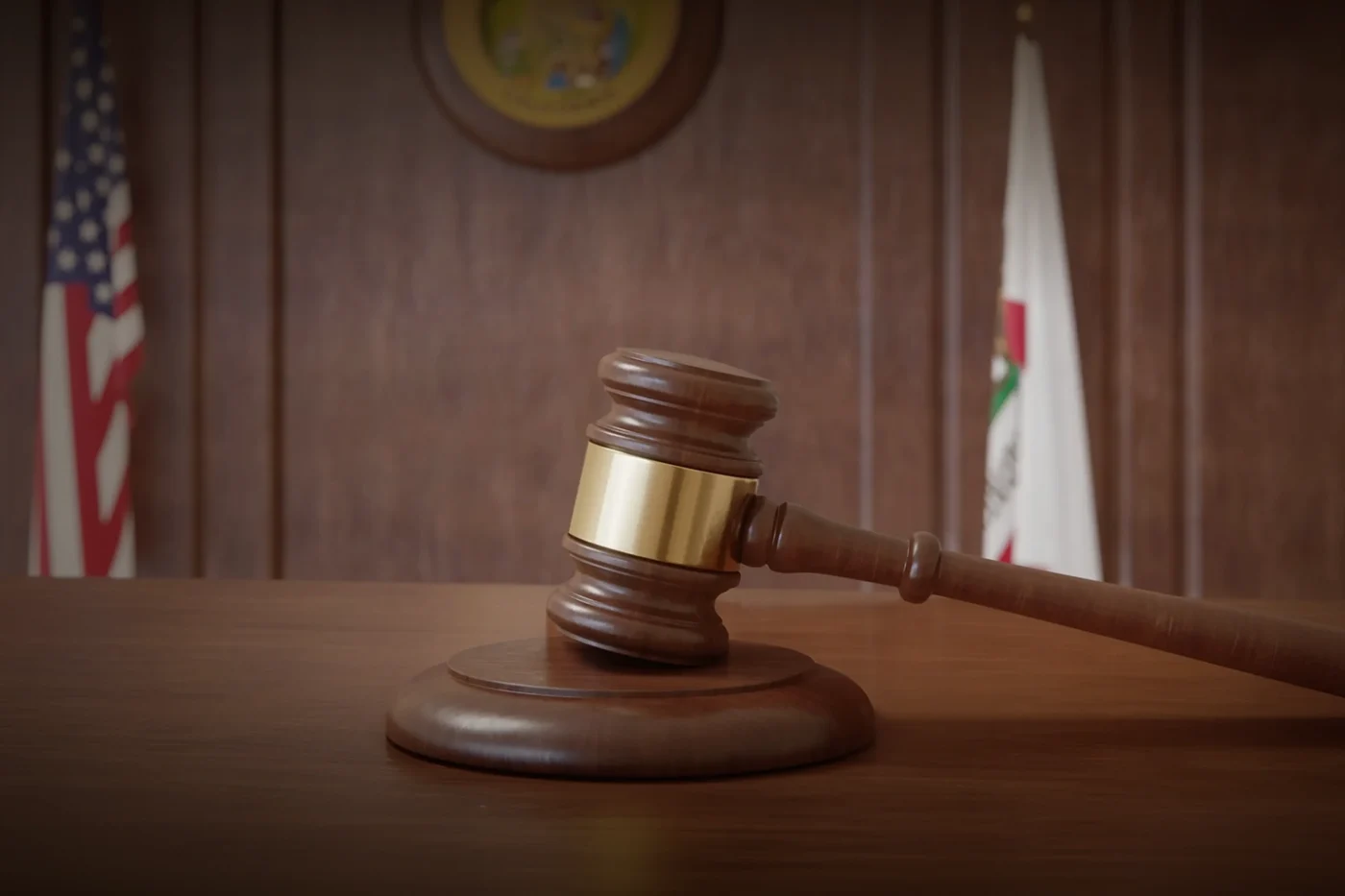The First-Year Law Students’ Examination (FYLSX), or Baby Bar, is a 1-day exam for first-year students in unaccredited law schools or the Law Office Study Program in California. It assesses readiness to continue legal education and progress toward the California Bar Exam.
Who Needs to Take the Baby Bar?
Passing the Baby Bar is required for certain law students in California to continue their legal studies and receive credit for their first year. Those who fail must retake it to advance. The exam is mandatory for:
- Students at unaccredited law schools registered with the California State Bar.
- Law Office Study Program participants, who train under a lawyer or judge instead of attending law school.
- Students at ABA- or California-accredited law schools who have not completed 2 years of undergraduate coursework (60 semester or 90 quarter units).
Exemption: Students who progress to their second year of law school at an ABA- or California-accredited institution and have completed the required undergraduate coursework are generally exempt from taking the Baby Bar.
Baby Bar Structure
The Baby Bar is a 1-day, 7-hour test with 4 essays and 100 multiple-choice questions. It is offered twice a year (in June and October) and can be taken online or at Prometric test centers.
| Baby Bar Day Schedule | ||
|---|---|---|
| Task | Time Duration | Break Time (After Exam) |
| Essay | 60 minutes | 10-minute |
| Essay | 60 minutes | 10-minute |
| Essay | 60 minutes | 10-minute |
| Essay | 60 minutes | 45-minute lunch |
| 50 Multiple-Choice | 90 minutes | 10-minute |
| 50 Multiple-Choice | 90 minutes | End of Exam |
Baby Bar Subjects
The Baby Bar tests general legal principles, not California-specific law. It assesses first-year legal knowledge in 3 areas:
- Criminal Law – Covers topics like assault, battery, theft, embezzlement, kidnapping, and homicide.
- Contracts – Tests knowledge of contract formation, enforceability, breaches, and potential defenses.
- Torts – Involves civil wrongs and liabilities, including negligence, intentional torts, and strict liability.
Baby Bar Deadlines, Fees, and Scheduling
The Baby Bar is offered twice annually, in June and October. You can choose between a morning or afternoon session. Exam dates for 2025 are:
- June 24, 2025
- October 28, 2025
Application Deadlines
| Exam Date | Application Opens | Timely Filing Deadline | Final Filing Deadline |
|---|---|---|---|
| June 2025 | March 1, 2025 | April 1, 2025 | May 15, 2024 |
| October 2025 | TBD | TBD | TBD |
Fees
| Fee Type | Cost |
|---|---|
| Registration with California Bar | $119 |
| MPRE Registration | $150 |
| Moral Character Application | $551 |
| Fingerprinting | Varies |
| Baby Bar Application | $667 |
| Laptop Fee | $153 |
| Bar Review Course (Optional) | Varies |
| Additional Expenses (Hotel, travel, etc.) | Varies |
How to Schedule Your Baby Bar
To take the Baby Bar, register online through the State Bar of California. The California Committee of Bar Examiners (CBE) verifies completion of 1-year of law study before approval.
- Check Application Dates: Registration opens a few months before the exam.
- Submit Your Application: Apply online via the State Bar of California website.
- Pay the Exam Fee: Ensure payment is processed before the final filing deadline.
- Choose Your Exam Format: Select online or Prometric test center.
- Confirm Your Schedule: Review exam details and prepare accordingly.
Baby Bar Scoring and Grading
The Baby Bar is scored on an 800-point scale, with a minimum passing score of 560 (70%). Both the essay and multiple-choice sections are equally weighted.
- Essays (50%) – 4 essays scored on a raw point scale, then converted to a scaled score.
- Multiple-Choice (50%) – 100 questions, scaled to adjust for exam difficulty.
- Final Score – Combined scaled scores from both sections determine the total score.
- Retakes – Must pass within 3 attempts to receive full credit for first-year law school coursework.
Baby Bar Pass Rates
The Baby Bar has a historically low pass rate of around 20% — significantly lower than the general bar exam. Repeat test-takers tend to have even lower pass rates, largely because many do not adjust their study habits.
| Baby Bar Pass Rates | |||
|---|---|---|---|
| Exam Date | First-Timers | Repeaters | All Takers |
| October 2024 | 31% | 24% | 27% |
| June 2024 | 30% | 38% | 33% |
| October 2023 | 15% | 12% | 13% |
| June 2023 | 17% | 6% | 14% |
| October 2022 | 27% | 21% | 24% |
How to Prepare for the Baby Bar Essays
The essay section is one of the most challenging parts of the Baby Bar. You must write 4 essays within 4 hours, each requiring well-structured legal arguments.
Tips for Essay Preparation:
- Review Past Essays: Familiarize yourself with the format and grading criteria by reviewing past Baby Bar essay questions and answers from the California State Bar website.
- Practice Under Timed Conditions: Simulate exam-day conditions by writing essays within the 1-hour limit to build speed and efficiency.
- Use the IRAC Method: Organize essays using Issue, Rule, Analysis, and Conclusion (IRAC) to create clear, logical responses.
- Compare Answers: Compare personal responses to sample answers to refine your legal reasoning and writing skills.
- Seek Guidance: Consider working with tutors or bar prep courses that provide personalized feedback.
Frequently Asked Questions
How many times can you take the Baby Bar Exam?
Unlimited, but you must pass within 3 attempts to receive full credit for your first year.
Did Kim Kardashian take the Baby Bar Exam?
Yes, Kim Kardashian passed the Baby Bar on her fourth attempt in December 2021.
Can you practice law with the Baby Bar Exam?
No, passing only allows certain students to continue law school. You must pass the California Bar Exam to practice law.
How much does the Baby Bar Exam cost?
Registration for the Baby Bar costs $667.
Is the Baby Bar Exam harder than the Bar Exam?
It has a lower pass rate (~20%) and is challenging due to broad subject coverage in a short time.
Where is the Baby Bar Exam required?
Only in California for students at unaccredited law schools, Law Office Study Program participants, and some accredited law school students without 2-years of college.
Does the Baby Bar have a high pass rate?
The Baby Bar has an exceptionally low pass rate. Approximately 1 in 4 first-time test-takers pass, and only 1 in 6 repeaters pass.





